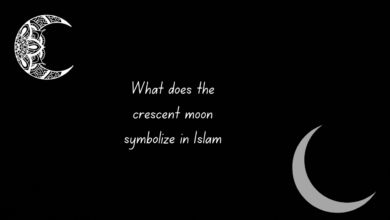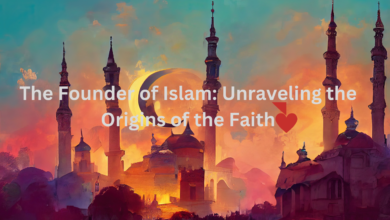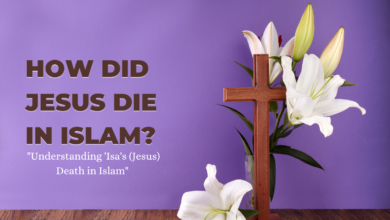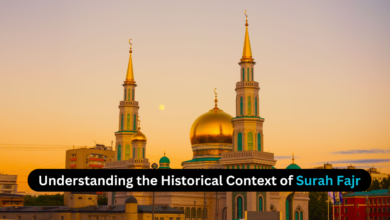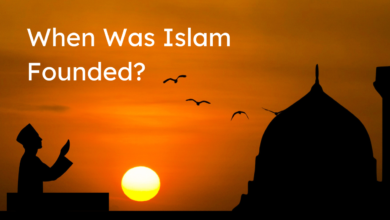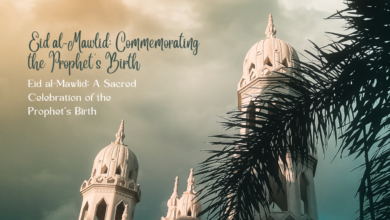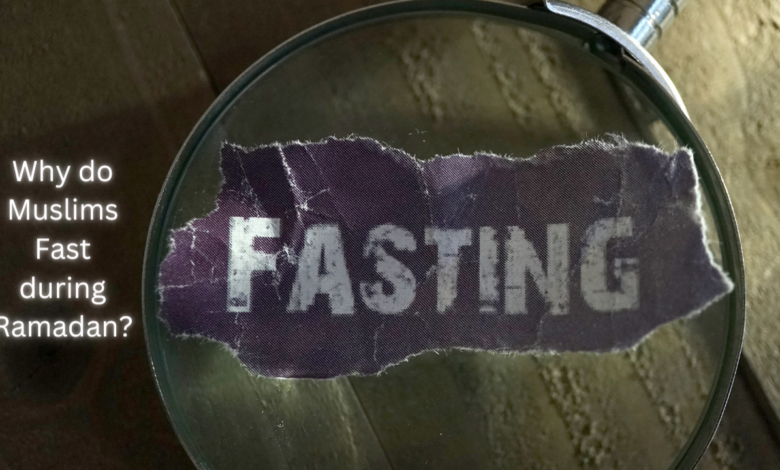
Why do Muslims Fast during Ramadan?
Ramadan is the ninth month of the Islamic lunar calendar and is considered the holiest month for Muslims. It is a period of fasting, prayer, reflection, and community for Muslims worldwide.

Introduction
Ramadan, the ninth month of the Islamic lunar calendar, holds immense significance for Muslims worldwide. It is a month of reflection, devotion, and self-purification, marked by fasting from dawn until sunset. Fasting during Ramadan, known as Sawm, is one of the Five Pillars of Islam and is observed by millions of Muslims across the globe. But why do Muslims fast during Ramadan? The reasons are multifaceted, encompassing spiritual, moral, and communal aspects.
Obedience to Allah
At the heart of Ramadan fasting lies the profound desire to obey Allah (God). It is considered an act of worship and an expression of submission to the divine will. The Quran, the holy book of Islam, explicitly mandates fasting during this month: “O you who have believed, decreed upon you is fasting as it was decreed upon those before you, that you may become righteous” (Quran 2:183). Muslims believe that obeying Allah’s commandments leads to spiritual growth and inner purification.
Self-Discipline and Self-Control
Ramadan fasting encourages Muslims to exercise self-discipline and self-control. By refraining from food, drink, and other physical needs during daylight hours, individuals learn to manage their desires and avoid indulgence. This practice serves as a valuable training ground for self-restraint, fostering the development of strong willpower and an ability to resist temptations in daily life.
Spiritual Reflection and Increased Worship
During Ramadan, Muslims engage in heightened spiritual activities, such as increased prayer, recitation of the Quran, and charitable acts. The emphasis on prayer and reflection helps individuals draw closer to Allah, gain a deeper understanding of their faith, and strengthen their connection with the divine. The long nights are often filled with communal prayers and recitation of the Quran in mosques.
Empathy and Compassion
Fasting offers Muslims a glimpse into the struggles of those less fortunate. Experiencing hunger and thirst reminds them of the daily challenges faced by those who cannot afford basic necessities. This heightened empathy and compassion encourage Muslims to engage in acts of charity and kindness during Ramadan, contributing to a stronger sense of community and social responsibility.
Forgiveness and Spiritual Cleansing
Muslims believe that Ramadan is a time of spiritual cleansing and the opportunity to seek forgiveness for past sins. It is believed that during this month, the gates of heaven are open, and the gates of hell are closed, signifying Allah’s mercy and forgiveness. Muslims engage in sincere repentance, seeking Allah’s pardon and striving to improve their character and conduct.
Solidarity and Unity
Ramadan fosters a sense of unity among Muslims worldwide. The shared experience of fasting creates a bond among believers, transcending cultural and geographic boundaries. The communal aspect of breaking the fast (Iftar) with family and friends, as well as the special nightly prayers (Taraweeh) held in mosques, further strengthens this sense of unity.
Spiritual Renewal and Growth
Ultimately, the goal of fasting during Ramadan is to attain spiritual renewal and personal growth. Muslims aim to emerge from this month as better individuals, spiritually enriched and more aligned with their faith’s values. The process of self-examination, self-improvement, and devotion helps Muslims become more virtuous and God-conscious.
Also check
- How to become a Islamic Scholar?
- Do Muslims believe in Jesus?
- What surah to read after Fajr?
- Where is the Soul located in the body Islam?
- Does Islam use the old testament?
Conclusion
Fasting during Ramadan is not merely an abstention from food and drink; it is a multifaceted spiritual journey for Muslims. It is a time of obedience to Allah’s commandments, self-discipline, increased worship, empathy, forgiveness, unity, and spiritual growth. Through fasting, Muslims strive to become more devout, compassionate, and conscious of their faith, ultimately seeking a closer connection with Allah and a path to righteousness. Ramadan is a profound testament to the depth and richness of Islamic spirituality.
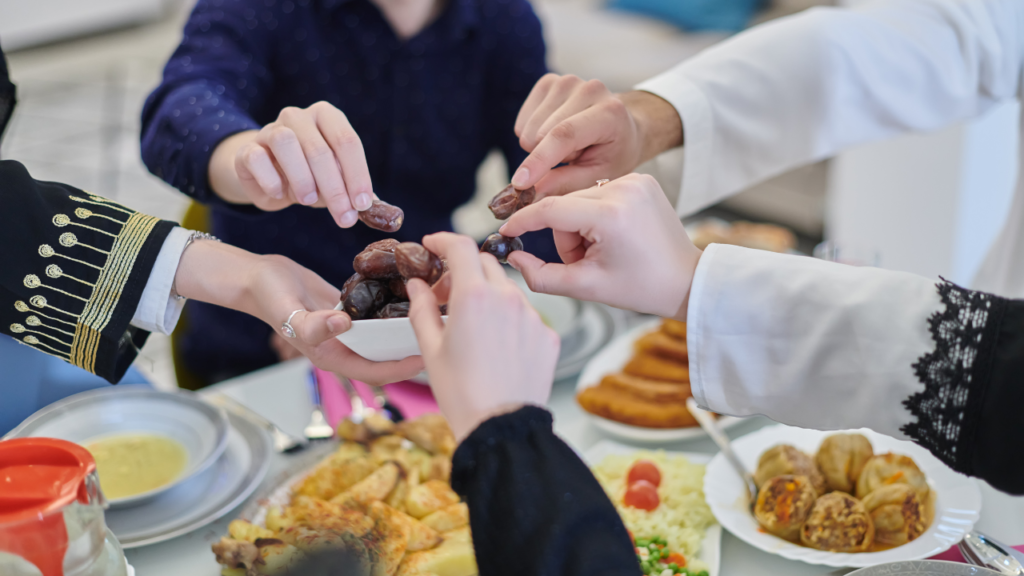
Certainly! Here are some frequently asked questions (FAQs) about why Muslims fast during Ramadan:
What is Ramadan?
Ramadan is the ninth month of the Islamic lunar calendar and is considered the holiest month for Muslims. It is a period of fasting, prayer, reflection, and community for Muslims worldwide.
Why do Muslims fast during Ramadan?
Muslims fast during Ramadan as an act of worship and obedience to Allah (God). It is one of the Five Pillars of Islam, which are the core beliefs and practices that every Muslim is expected to follow.
How long does Ramadan fasting last?
Ramadan fasting lasts for one lunar month, which is typically 29 or 30 days. The exact duration can vary from year to year.
What does fasting in Ramadan entail?
Muslims fast from dawn (Fajr) until sunset (Maghrib) during Ramadan. This means refraining from eating, drinking, smoking, and marital relations during daylight hours.
Is fasting obligatory for all Muslims during Ramadan?
Fasting during Ramadan is obligatory for all adult Muslims, with a few exceptions. Those exempted include children, the elderly, travelers, pregnant or nursing women, and individuals with certain health conditions.
What is the significance of fasting during Ramadan?
Fasting during Ramadan serves several purposes: it is a form of spiritual purification, a means of developing self-discipline, a way to empathize with the less fortunate, and an opportunity for increased devotion and closeness to Allah.
What is the pre-dawn meal called, and when is it consumed?
The pre-dawn meal is called “Suhoor,” and it is consumed before the Fajr (dawn) prayer. It provides sustenance to Muslims to help them endure the day’s fast.
How is the fast broken at sunset?
The fast is typically broken with a meal called “Iftar,” which is consumed immediately after the Maghrib (sunset) prayer. Traditionally, dates and water are often the first items consumed, followed by a larger meal.
Are there any spiritual benefits of fasting during Ramadan?
Fasting during Ramadan is believed to increase spirituality, promote self-control, and encourage empathy for the less fortunate. Muslims also use this time for increased prayer, recitation of the Quran, and seeking forgiveness for their sins.
What is the significance of Laylat al-Qadr during Ramadan?
Laylat al-Qadr, or the Night of Decree, is believed to occur during one of the last ten nights of Ramadan and is considered the night when the Quran was first revealed to the Prophet Muhammad. It is a night of intense worship and supplication.
